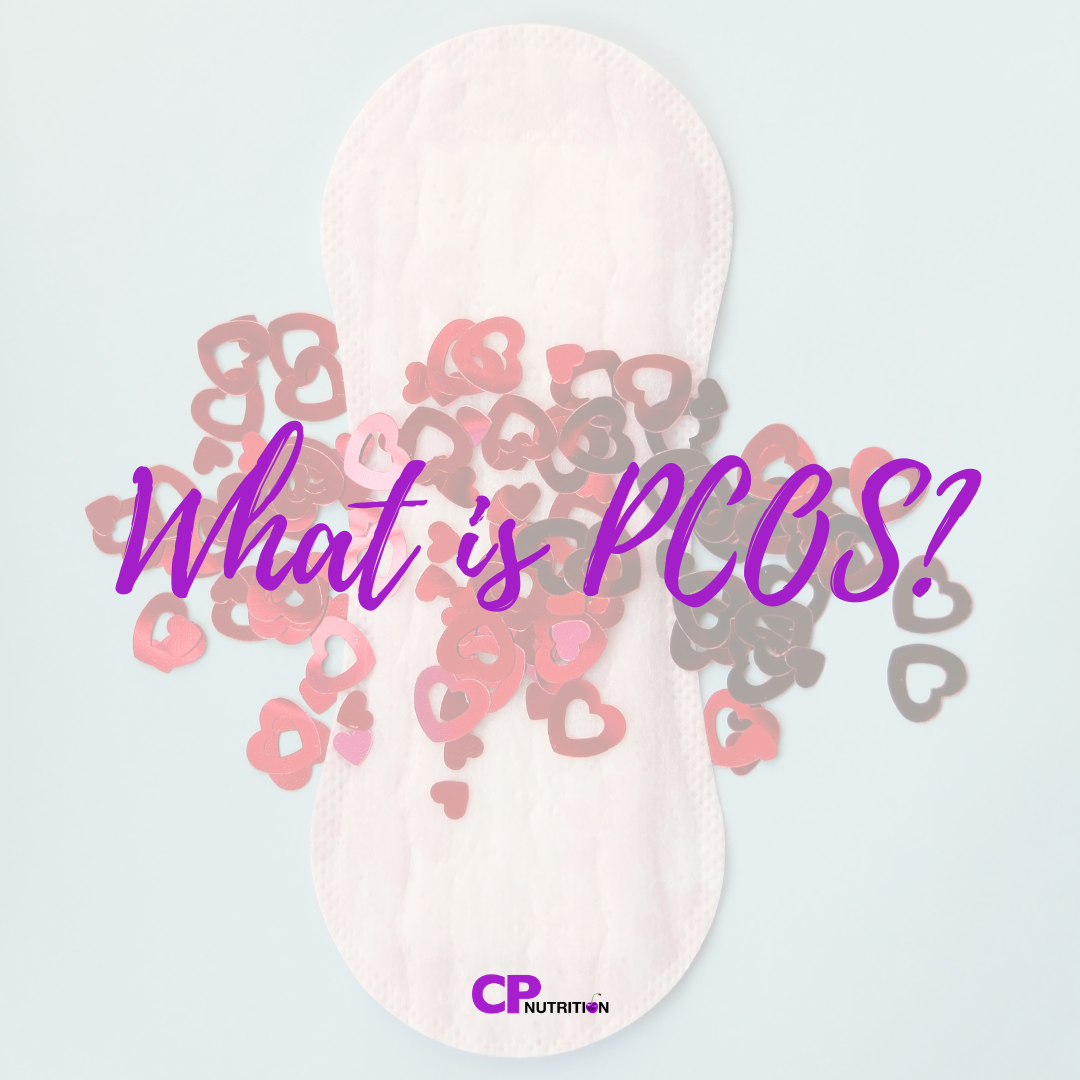
Welcome to the Blog ….

Do I Need to Take Zinc for PCOS?
Zinc isn’t one of the main supplements recommended for people with PCOS and may not be on your radar. But there are some studies suggesting that people with PCOS have lower levels of zinc (1) so should we be supplementing with zinc too?

Do I Need to Take Magnesium for PCOS?
If you have PCOS then you may be overwhelmed with the choice of supplements out there which claim to help manage your symptoms.
Magnesium is a mineral that helps us turn the food we consume into energy plus helps our parathyroid glands work properly.

Do I Need to Take Supplements for PCOS?
Although supplements will not replace a nutrient-dense diet, for people with PCOS certain supplements may help with symptom management and to help replace low levels of certain nutrients.

Should I Take Melatonin for PCOS?
There are so many supplements recommended for PCOS it can be challenging to know what to choose!
𝘔𝘦𝘭𝘢𝘵𝘰𝘯𝘪𝘯 is a supplement which is being recommended more and more 𝘧𝘰𝘳 𝘱𝘦𝘰𝘱𝘭𝘦 𝘸𝘪𝘵𝘩 𝘗𝘊𝘖𝘚.
Melatonin is a hormone and antioxidant which controls the wake/sleep cycles, circadian rhythms and reproduction.
But what does melatonin supposedly do for PCOS and what does the evidence say?

Should I take vitamin D for PCOS?
If you have PCOS then you may be overwhelmed with the choice of supplements out there which claim to help manage your symptoms.
People with PCOS have an increased risk of vitamin D deficiency and this may be linked to some of the metabolic effects of PCOS. Vitamin D deficiency has been proposed in the literature to be the missing link between insulin resistance and PCOS.

Should I take NAC for PCOS?
If you have PCOS then you may be overwhelmed with the choice of supplements out there which claim to help manage your symptoms.
N-Acetylcysteine (NAC) is an antioxidant and amino acid that is an insulin sensitizer, which may be beneficial for insulin resistance commonly seen in people with PCOS.

Is Dieting Necessary to Improve My PCOS?
If you are anything like me, then when you were diagnosed with PCOS the you will have been told by your doctor that losing weight is the best way to improve your condition. You probably had other healthcare professionals, or even family and friends tell you about following a Keto diet, low carb diet or intermittent fasting, or whichever diet worked for them.

PCOS - The Basics
PCOS is a common endocrine disorder which means it impacts a range of hormones. PCOS is characterised by high levels of androgens (testosterone and androstenedione), menstrual irregularities (missed, irregular and/or painful periods) and/or polycystic ovaries (ovaries become enlarged and contain many fluid-filled sacs known as follicles that surround the eggs). A diagnosis of PCOS is usually given when someone has two or more of these features.
Follow Claire @CP_NutritionRD





